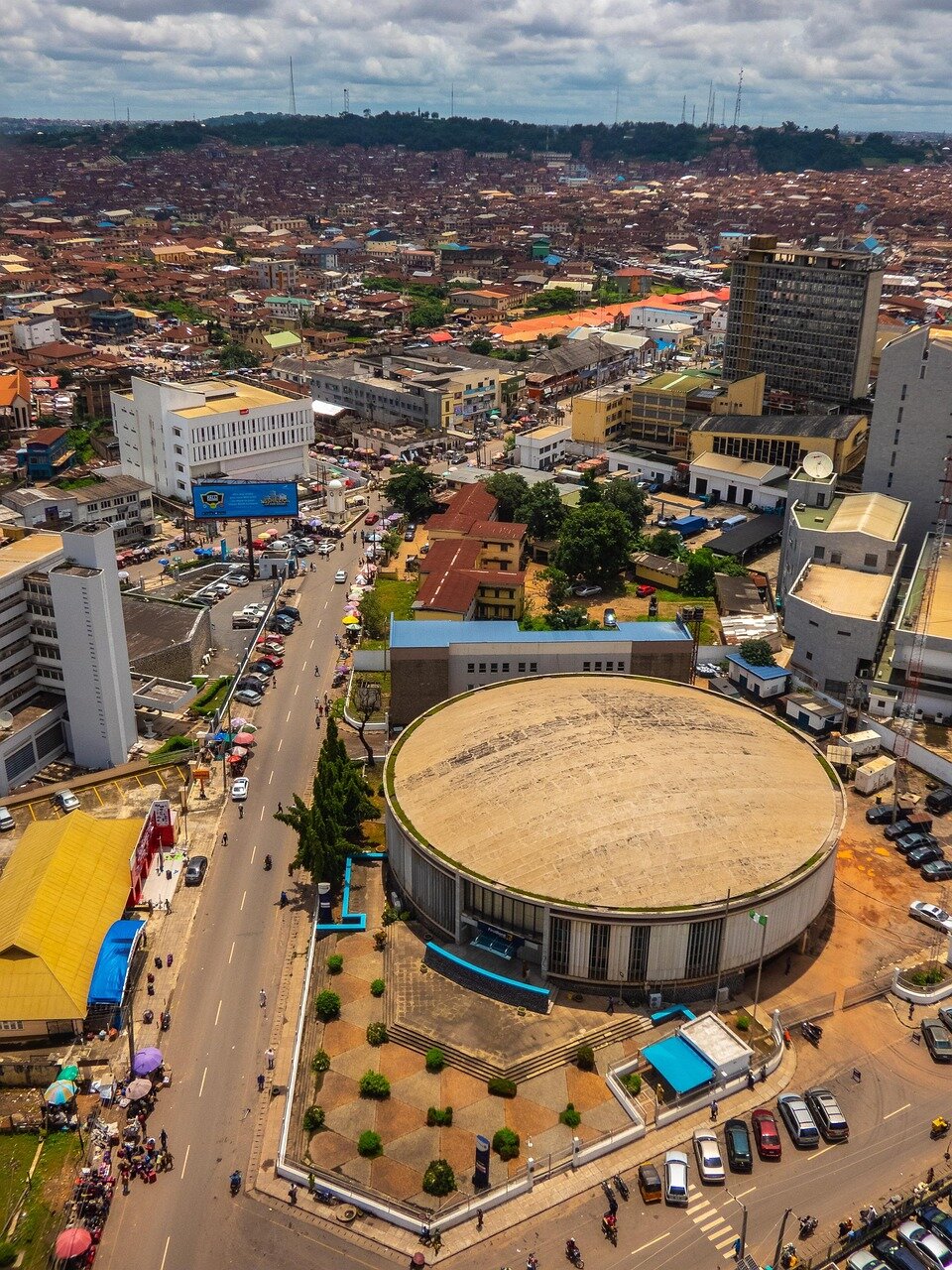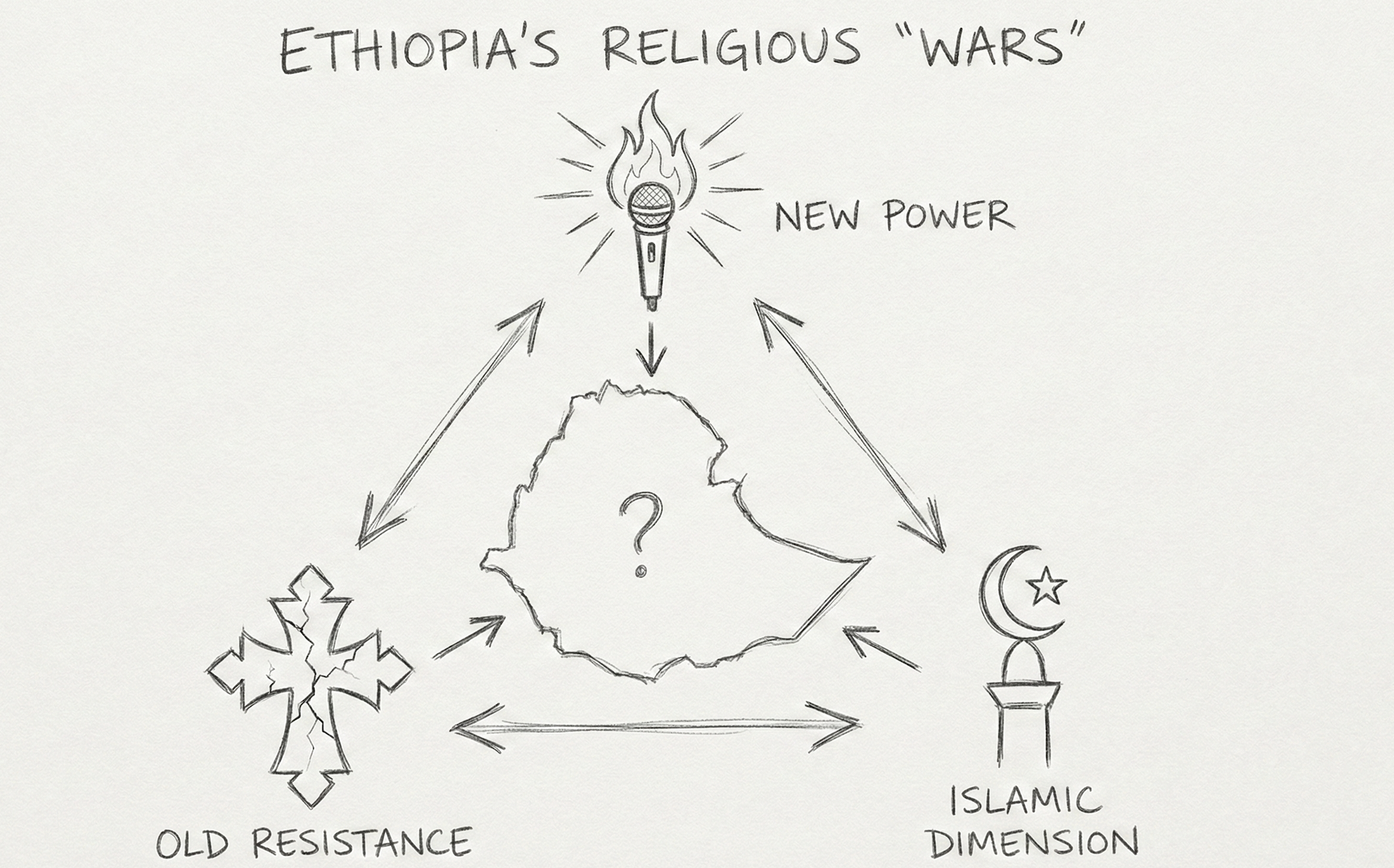Vision 2030, under the leadership of Crown Prince Mohammed bin Salman, represents a significant shift in Saudi Arabia's approach to economic and societal development. The vision aims to diversify the economy beyond its traditional reliance on oil revenue and to open the country up to the world.
Since the launch of Vision 2030, Saudi Arabia has embarked on a journey of substantial reform and development. This encompasses sweeping changes across the public sector, the economy, and society. The country has witnessed improved government efficiency, new growth and investment opportunities, greater global engagement, and an enhanced quality of life for its citizens. Central to this vision is the creation of a vibrant society, a thriving economy, and an ambitious nation, with a focus on effective governance, social responsibility, and a strong Islamic national identity. The Public Investment Fund plays a crucial role in unlocking new sectors and creating a favorable environment for both local and foreign investments [1].
Crown Prince Mohammed bin Salman has emphasized the urgency of diversifying away from oil revenue dependency. However, he also acknowledges the significance of oil in the nation's development and the need to leverage it for the next stage of Vision 2030. Notably, non-oil revenues have increased significantly since the start of the Vision 2030 plan. Key achievements under this vision include a rise in homeownership, a reduction in unemployment, and improved access to finance for both individuals and businesses. High-profile projects like the $500 billion mega-city NEOM exemplify the kingdom's commitment to sustainability, futurism, tourism, and innovation. Vision 2030 has three main pillars: an ambitious nation with effective governance, a thriving economy with high employment and a robust non-oil private sector, and a vibrant society with a fulfilling and healthy life for all.
In addition to economic reforms, political reforms have also been undertaken to support the implementation of Vision 2030. This includes restructuring various ministries and government sectors, emphasizing the importance of integrity and passion in driving these changes. The kingdom's Council of Economic and Development Affairs, chaired by Prince Mohammed, has indicated that Saudi Arabia is on track to meet the ambitious targets set for the next phase of the vision [2].
One of the main criticisms of Vision 2030 is its reliance on large, headline-grabbing megaprojects, which some see as repeating past mistakes of over-enthusiasm for grandiose schemes. For example, projects like NEOM, which is supposed to feature advanced technologies like flying taxis, have faced criticism for being overly ambitious and facing various challenges, including political turmoil. The murder of journalist Jamal Khashoggi and the eviction of a Bedouin tribe for the NEOM project have marred its progress. Similarly, other large projects like the Jeddah Tower have stalled due to various issues including the Kingdom's internal political dynamics.
Another point of concern is the conservative social climate in Saudi Arabia, which, despite recent reforms, remains one of the most restrictive in the region. This climate is believed to be a deterrent for foreign investment and workforce, which are crucial for the economic transformation envisioned in Vision 2030. Despite efforts to relax certain social norms to attract foreign talent and tourists, there is a balancing act with the more conservative segments of the population, potentially leading to social tensions.
The education system in Saudi Arabia has also been a subject of criticism. Despite significant investment, there are concerns about the quality of education and the limited skillsets of graduates, impacting their employability. This situation undermines the broader goals of Vision 2030 to create a diversified and knowledge-based economy [3].
Finally, there are concerns about the overall sustainability and feasibility of Vision 2030. While the vision aims to radically restructure the kingdom's economy and reduce dependence on oil, the challenges of implementing sweeping social reforms and the downturn in the economy have dampened initial enthusiasm. The Kingdom's financial constraints and the need to shift the burden of economic growth onto the private sector are key challenges. Additionally, the success of Vision 2030 is closely tied to large-scale initiatives like the Aramco IPO (Initial Public Offering), whose outcomes remain uncertain [4].
Despite global economic challenges, Saudi Arabia started 2023 with its most rapid economic expansion in over a decade, outperforming its G20 peers. This growth was fueled in part by higher energy prices resulting from global events like Russia’s invasion of Ukraine, which increased oil sector activity significantly. However, the non-oil sector has also been a key driver of growth, reflecting the success of diversification efforts. Non-oil growth is expected to remain close to 5% in 2023, spurred by strong domestic demand and improvements in the regulatory and business environment. This shift is particularly significant as it aligns with the nation's strategic focus on reducing oil dependence and diversifying income sources [5][6].
Overall, Vision 2030 represents a bold and ambitious roadmap for Saudi Arabia's future, reflecting a significant shift in the kingdom's approach to its economy and global engagement. The Crown Prince's policies are aimed at transforming Saudi Arabia into a modern, diversified economy and society, ready to face the challenges and opportunities of the 21st century.
[1] Vision 2030: https://www.vision2030.gov.sa/en/vision-2030/overview/
[2] The National News - “Saudi prince Hohammed bin Salman explains vision 2030”: https://www.thenationalnews.com/gulf/saudi-arabia/saudi-crown-prince-mohammed-bin-salman-explains-vision-2030-in-landmark-interview-1.1212017
[3] International Monetary Fund - “Sadia Arabia's Economy grows as it diversifies”: https://www.imf.org/en/News/Articles/2023/09/28/cf-saudi-arabias-economy-grows-as-it-diversifies
[4] Atlantic council - "Saudi Vision 2030" https://www.atlanticcouncil.org/in-depth-research-reports/report/assessing-saudi-vision-2030-a-2020-review/
[5] International Monetary Fund - “Sadia Arabia's Economy grows as it diversifies”: https://www.imf.org/en/News/Articles/2023/09/28/cf-saudi-arabias-economy-grows-as-it-diversifies
[6] Oxford Business Group - "How Saudi Arabia is laying the groundwork for future growth" https://oxfordbusinessgroup.com/reports/saudi-arabia/2023-report/country-profile/past-meets-future-twin-focus-on-diversification-and-sustainability-seeks-to-prepare-the-kingdom-for-the-next-stage-of-growth-overview/
.png)








